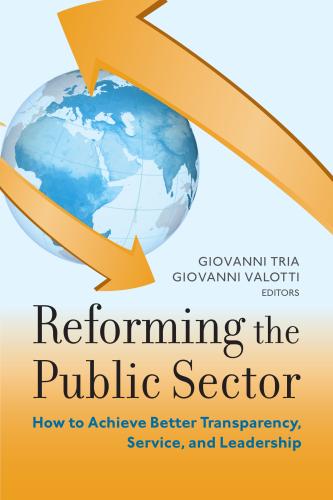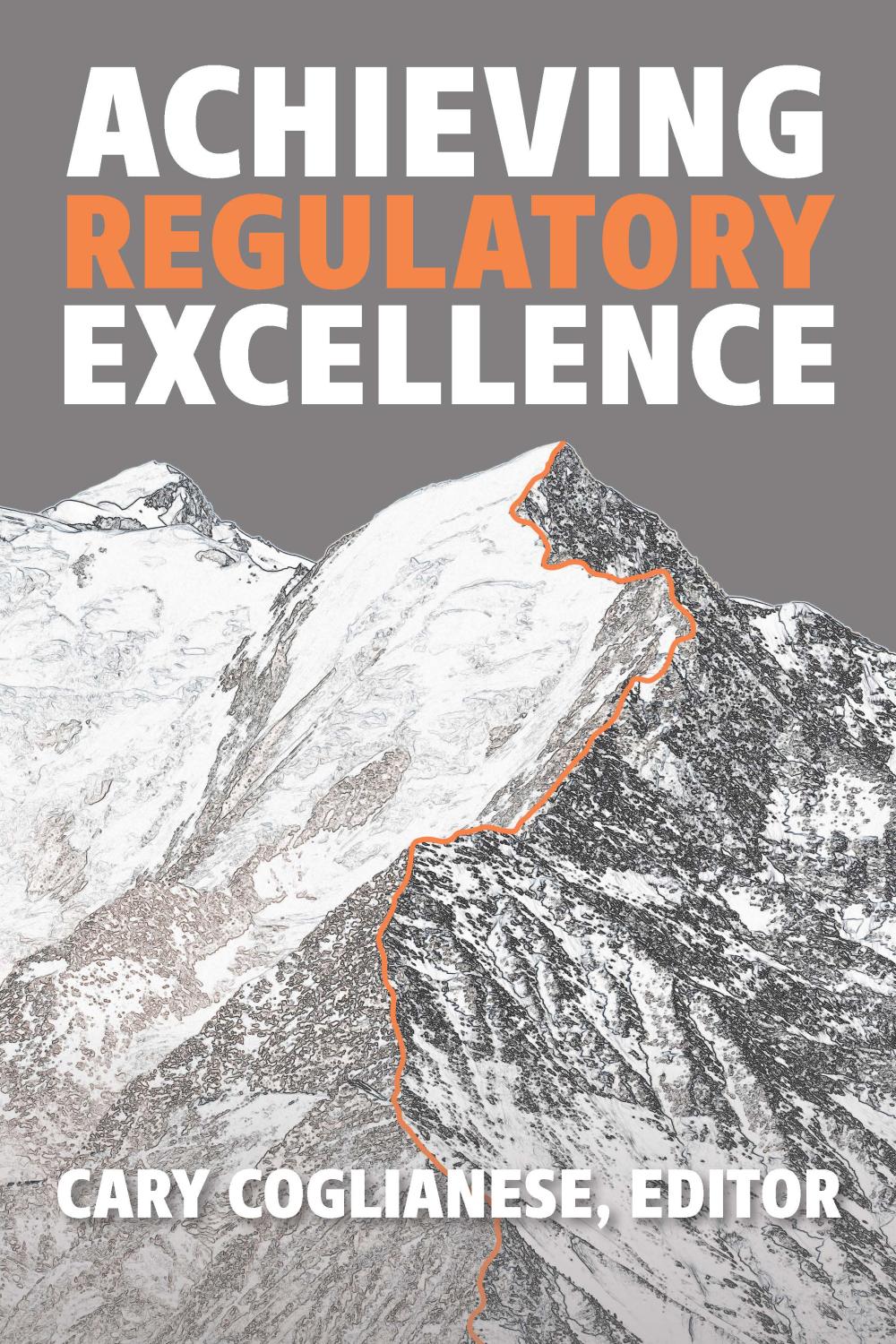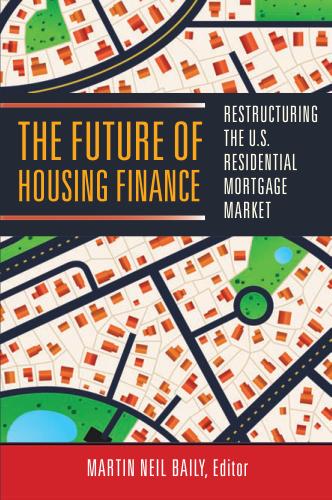


Book
Whether striving to protect citizens from financial risks, climate change, inadequate health care, or the uncertainties of the emerging sharing economy, regulators must routinely make difficult judgment calls in an...
What defines success for a regulator?
Whether striving to protect citizens from financial risks, climate change, inadequate health care, or the uncertainties of the emerging “sharing” economy, regulators must routinely make difficult judgment calls in an effort to meet the conflicting demands that society places on them.
Operating within a political climate of competing demands, regulators need a lodestar to help them define and evaluate success. Achieving Regulatory Excellence provides that direction by offering new insights from law, public administration, political science, sociology, and policy sciences on what regulators need to do to improve their performance.
Achieving Regulatory Excellence offers guidance from leading international experts about how regulators can set appropriate priorities and make sound, evidence-based decisions through processes that are transparent and participatory. With increasing demands for smarter but leaner government, the need for sound regulatory capacity—for regulatory excellence—has never been stronger.
Watch the full video from our February 2017 event: Pursuing regulatory excellence: Brexit, Trump, and beyond.
Contributors
Robert Baldwin, John Braithwaite, Cary Coglianese, Angus Corbett, Daniel C. Esty, Adam M. Finkel, Ted Gayer, John D. Graham, Neil Gunningham, Kathryn Harrison, Bridget M. Hutter, Howard Kunreuther, David Levi-Faur, Shelley H. Metzenbaum, Donald P. Moynihan, Paul R. Noe, Gaurav Vasisht, David Vogel, Wendy Wagner
Related Books

Giovanni Tria, Giovanni Valotti
June 27, 2012

Martin Neil Baily
October 7, 2011

Michael S. Barr
April 13, 2012
All of our lives and well-being depend on sound, effective regulation. Achieving Regulatory Excellence’s rich and insightful collection of essays from the world’s leading experts provides regulators with much-needed guidance to meet some of the most pressing challenges of our time.
—David Kessler, Commissioner, Food and Drug Administration, 1990–97
Brilliantly conceived and executed, this broad collection of essays on how to govern well has great value for regulators and reformers, politicians and the general public. It shows us just how important excellence in government is and why we must fight for it.
—Paul Verkuil, Chairman, Administrative Conference of the United States, 2010–15
Ever since the global financial crisis, securing “better regulation” has become even more urgent. This book could not be more timely. First-rate scholars and practitioners provide thoughtful and practical guidance on how to strike the right regulatory balance and strengthen regulators’ capacity to learn and adapt. Excellent leadership is, as ever, instrumental. This book is a must-read for senior policymakers, regulators, and politicians.
—Gary Banks, Chair, Regulatory Policy Committee,Organization for Economic Cooperation and Development, and Dean, Australia and New Zealand School of Government
What does it mean to regulate well? In this terrific book, former regulators and scholars define regulatory excellence and explain how to achieve it. They admirably provide grounded examples of regulating successfully, even in complex environments. Readers will find Achieving Regulatory Excellence both thought provoking and practical.
—David E. Lewis, Chair, Department of Political Science, and William R. Kenan Jr. Professor, Vanderbilt University
Author
Edited by

Cary Coglianese is the Edward B. Shils Professor of Law and professor of political science at the University of Pennsylvania, where he currently serves as the director of the Penn Program on Regulation and has served as the law school’s deputy dean for academic affairs. He specializes in the study of regulation and regulatory processes, with an emphasis on the empirical evaluation of alternative regulatory strategies and the role of public participation, negotiation, and business–government relations in policymaking. His most recent books include: Does Regulation Kill Jobs?; Regulatory Breakdown: The Crisis of Confidence in U.S. Regulation; Import Safety: Regulatory Governance in the Global Economy; and Regulation and Regulatory Processes.